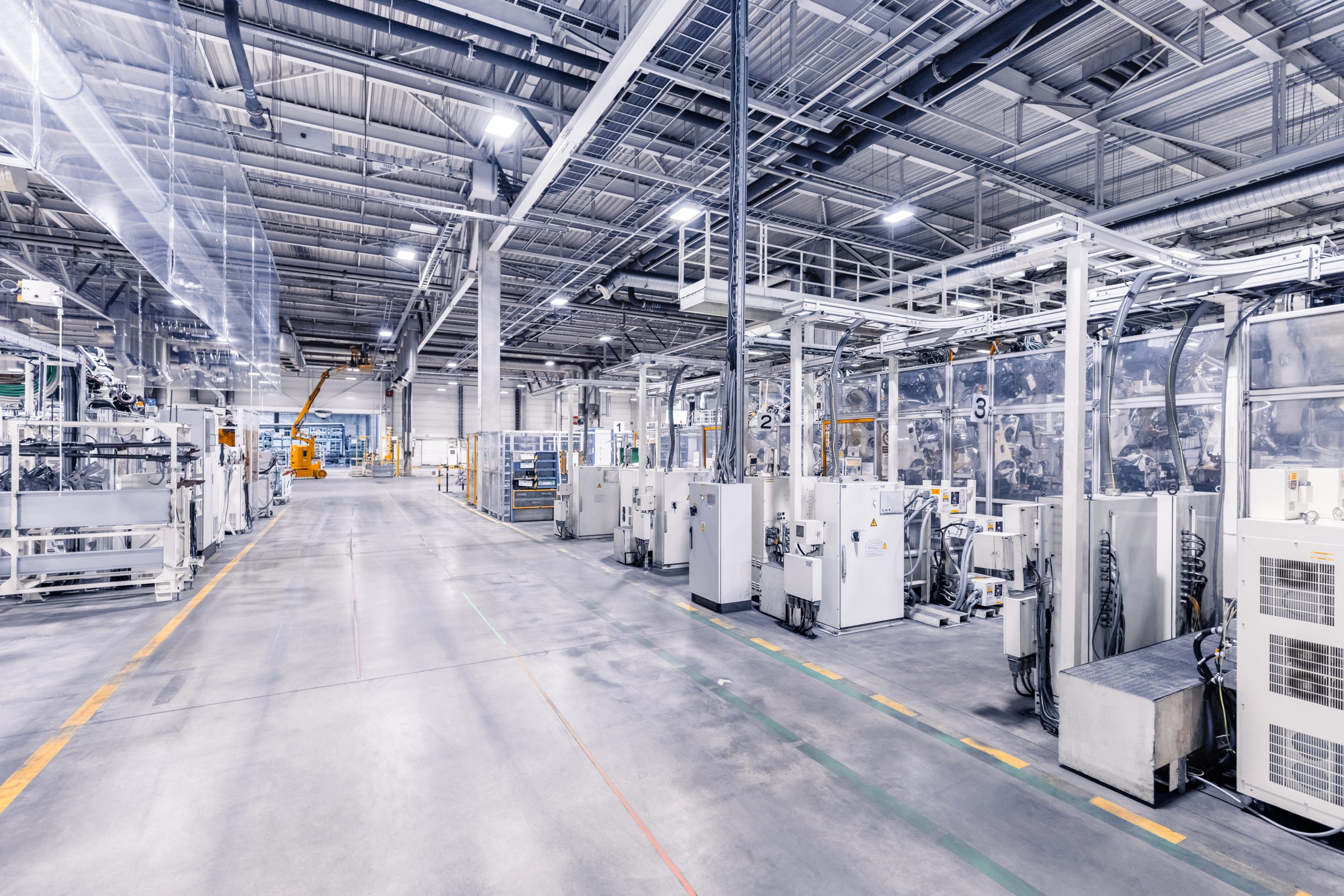
In today’s rapidly evolving industrial landscape, the integration of robotic control systems is not just a trend; it’s a necessity. As businesses strive for operational excellence and quality assurance, leveraging advanced robotics can significantly enhance productivity and precision. The intersection of technology and quality-focused strategies presents an opportunity for companies to redefine their competitive edge.
Understanding Robotic Control Systems
Robotic control refers to the sophisticated algorithms and technologies that govern the operation of robots within various industries. These systems enable precise movements, real-time adjustments, and seamless interaction with other machinery. By implementing robotic control solutions, organizations can minimize human error while maximizing efficiency in production lines. Furthermore, these advancements allow for greater flexibility in manufacturing processes—adapting quickly to changing demands without compromising on quality.
The Role of Lavichip in Robotics
lavichip has emerged as a key player in enhancing robotic capabilities through its innovative chip technology designed specifically for automation applications. This cutting-edge solution provides robust processing power essential for executing complex tasks with high accuracy. With lavichip at the core of robotic systems, businesses can achieve faster response times and improved data handling capabilities—critical factors when maintaining stringent quality standards across operations.
The Importance of Industrial Robot Controllers

An industrial robot controller serves as the brain behind every automated process involving robotics. It interprets commands from software applications while ensuring that robots perform tasks efficiently and safely within designated parameters. Modern controllers are equipped with advanced features such as adaptive learning algorithms which optimize performance over time based on historical data analysis—a vital aspect when focusing on continuous improvement initiatives aimed at enhancing product quality.
Conclusion: The Future Lies in Robotic Control
The future of B2B operations undeniably hinges on effective implementation of robotic control technologies that prioritize both efficiency and quality outcomes. As we continue to explore innovations like Lavichip alongside state-of-the-art industrial robot controllers, it becomes clear that embracing these advancements will be crucial for staying ahead in an increasingly competitive market landscape focused on delivering superior products consistently.
